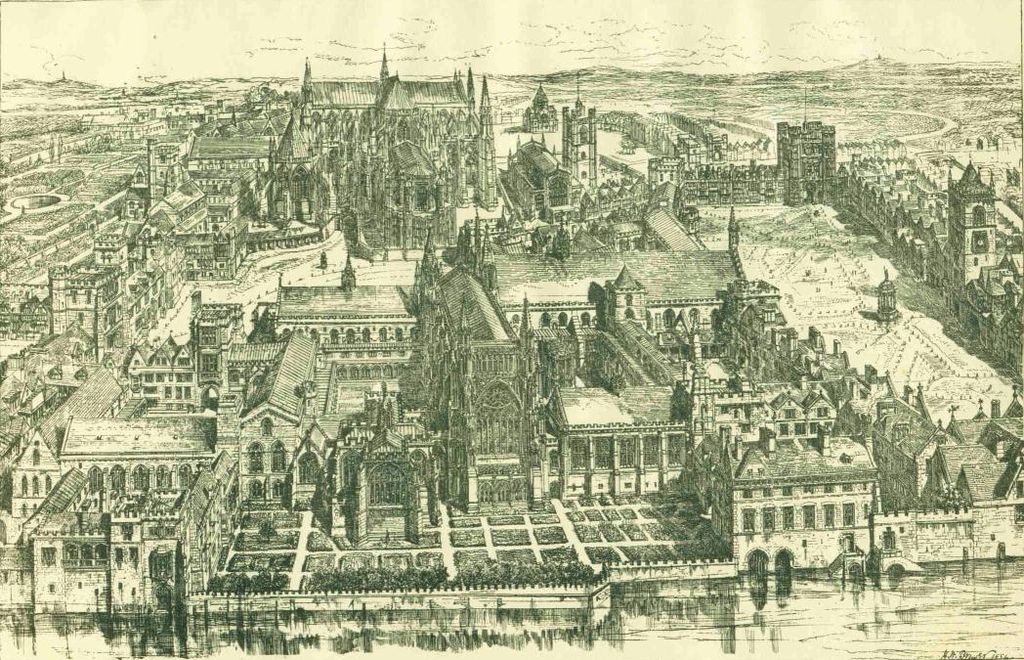Preparing for the history section of the UPSC examination can be daunting, but with a structured approach and reliable resources, it becomes manageable. Here’s a detailed guide to help aspirants streamline their preparation for this crucial subject.
1. Understanding the Syllabus
The UPSC syllabus for history can be broadly divided into three categories:
- Ancient History
- Prehistoric cultures in India
- Indus Valley Civilization
- Vedic Age and Later Vedic Age
- Religious movements (Buddhism and Jainism)
- Mauryan and Post-Mauryan periods
- Medieval History
- Delhi Sultanate
- Mughal Empire
- Regional kingdoms and their significance
- Bhakti and Sufi movements
- Modern History
- Advent of Europeans in India
- British policies and their impact
- Socio-religious reforms in the 19th century
- Nationalist movements and independence struggle
- World History (for GS Paper I, Mains)
- Industrial Revolution
- World Wars
- Colonization and decolonization
- Cold War and its impact
2. Resources for History Preparation
To effectively prepare, you need standard and comprehensive resources:
- Books:
- Ancient History: India’s Ancient Past by R.S. Sharma
- Medieval History: History of Medieval India by Satish Chandra
- Modern History: India’s Struggle for Independence by Bipan Chandra
- World History: Mastering Modern World History by Norman Lowe
- NCERT Textbooks:
- Class VI to XII History books for a solid foundational understanding.
- Reference Books:
- A Brief History of Modern India by Spectrum Publications (Modern History)
- Themes in Indian History (Part I, II, III) NCERT
- Online Resources:
- Websites like PIB, NIOS, and IGNOU materials
- Online video lectures and platforms like Unacademy, BYJU’s, and YouTube channels dedicated to UPSC preparation
- Mock Tests and Previous Years’ Question Papers:
- Solve past 10 years’ question papers to understand trends.
- Enroll in mock tests to assess your preparation.
3. Approach to Study History
- Integrated Approach:
- Link topics from Ancient, Medieval, and Modern history to current affairs.
- Relate historical events to cultural and political developments.
- Chronological Understanding:
- Prepare a timeline of major events to connect the dots between periods.
- Thematic Preparation:
- Group topics under themes like political, economic, social, and cultural history.
- Focus on reforms, revolutions, and key personalities.
- Answer Writing Practice:
- Write concise and structured answers for Mains.
- Use maps, diagrams, and flowcharts to enhance presentation.
- Revision:
- Revise regularly and consolidate notes.
- Highlight key points for quick reference before the exam.
4. Tips for Effective History Preparation
- Focus on Conceptual Clarity:
- Understand the “why” and “how” behind events, not just the “what.”
- Memorization Techniques:
- Use mnemonic devices and storytelling methods for better retention.
- Interlinking with Other Subjects:
- History overlaps with polity, geography, and culture. Leverage these overlaps to reduce the burden.
- Current Affairs Linkage:
- Relate historical events to contemporary issues (e.g., colonial policies and their impact on current governance).
5. Sample Study Plan
- Week 1-3:
- Complete NCERTs for Ancient and Medieval history.
- Week 4-6:
- Focus on Modern history with Bipan Chandra’s books and Spectrum.
- Week 7-8:
- Cover World History topics using Norman Lowe.
- Week 9-10:
- Revise using self-made notes and solve previous years’ papers.
- Continuous:
- Dedicate weekends to mock tests and answer writing.
Conclusion
History for the UPSC Civil Services Examination demands a comprehensive and nuanced understanding of the past. This necessitates a structured approach, diligent resource utilization, and consistent practice. By focusing on foundational textbooks, supplementing with specialized sources, and engaging in regular answer writing and mock tests, aspirants can develop a strong grasp of historical concepts and effectively communicate their knowledge in the examination.
